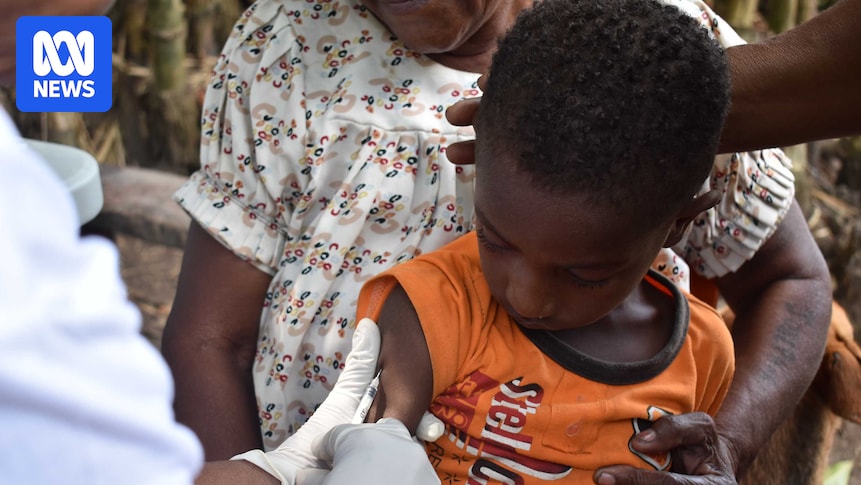Papua New Guinea Polio Outbreak: WHO Confirms Cases, Raising Global Health Concerns
A concerning resurgence of polio in Papua New Guinea has been confirmed by the World Health Organization (WHO), triggering immediate global health alerts and prompting urgent vaccination campaigns. The outbreak marks a significant setback in the global fight to eradicate polio, a debilitating and potentially fatal disease. This news underscores the importance of robust immunization programs and highlights the challenges of reaching remote and vulnerable populations.
Understanding the Papua New Guinea Polio Outbreak
The WHO's confirmation follows the detection of circulating vaccine-derived poliovirus type 2 (cVDPV2) in wastewater samples. This is not the wild poliovirus, but rather a mutated form of the weakened virus used in oral polio vaccines. While less virulent than the wild type, cVDPV2 can still cause paralysis, particularly in unvaccinated individuals.
This outbreak is particularly alarming due to Papua New Guinea's challenging geography and infrastructure limitations. Reaching remote communities with vaccination campaigns is a logistical hurdle that demands significant resources and coordinated efforts. The WHO, in collaboration with the PNG Ministry of Health, is working tirelessly to address this challenge.
Key Concerns Highlighted by the WHO:
- Accessibility: Reaching isolated communities across Papua New Guinea's diverse terrain presents a major obstacle to effective vaccination.
- Vaccination Rates: Low vaccination rates in certain areas leave populations vulnerable to infection.
- Disease Surveillance: Strengthening surveillance systems is crucial for early detection and prompt response to future outbreaks.
- Resource Allocation: Adequate funding and resources are essential for sustained vaccination campaigns and effective disease control.
Global Response and Vaccination Efforts
The WHO is leading the international response, providing technical support, funding, and essential vaccines to Papua New Guinea. This includes deploying specialized teams to assist with vaccination campaigns and strengthening local healthcare infrastructure. Other international organizations, including UNICEF and Rotary International, are also actively involved, contributing expertise and resources to the fight against this outbreak.
The focus is on rapidly expanding vaccination coverage, particularly in high-risk areas. This involves conducting mass vaccination campaigns targeting children under five, the most vulnerable group. Health workers are being deployed to remote communities, utilizing innovative strategies to ensure widespread vaccine access.
What You Can Do:
While the outbreak is primarily impacting Papua New Guinea, the global community has a vital role to play. Supporting organizations like the WHO, UNICEF, and Rotary International through donations and advocacy strengthens their efforts to combat polio worldwide. Furthermore, maintaining high vaccination rates in your own community helps prevent the spread of polio and other vaccine-preventable diseases.
The Road to Polio Eradication: Challenges and Hope
The Papua New Guinea outbreak serves as a stark reminder that the fight against polio is far from over. While significant progress has been made in reducing polio cases globally, challenges remain, particularly in reaching marginalized populations in resource-limited settings.
However, despite the setbacks, the global community remains committed to eradicating polio. The ongoing efforts demonstrate the power of collaboration and the importance of sustained investment in public health initiatives. The swift response to the Papua New Guinea outbreak, coordinated by the WHO and its partners, offers hope that this resurgence can be contained and eventually eliminated. Continued vigilance and concerted efforts are vital to achieving a polio-free world.
Learn more:
(Note: This article is for informational purposes only and does not constitute medical advice. Always consult a healthcare professional for any health concerns.)

